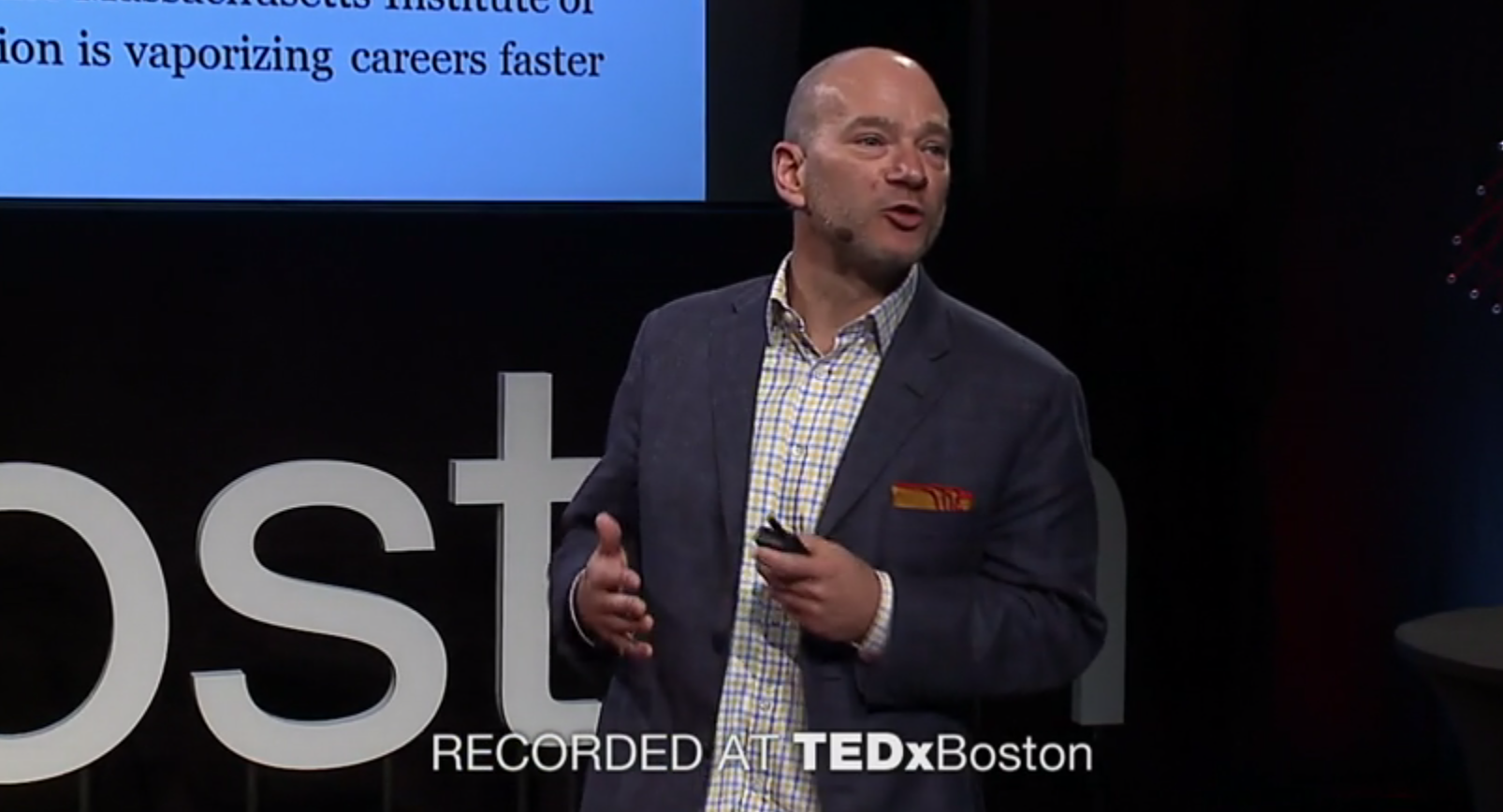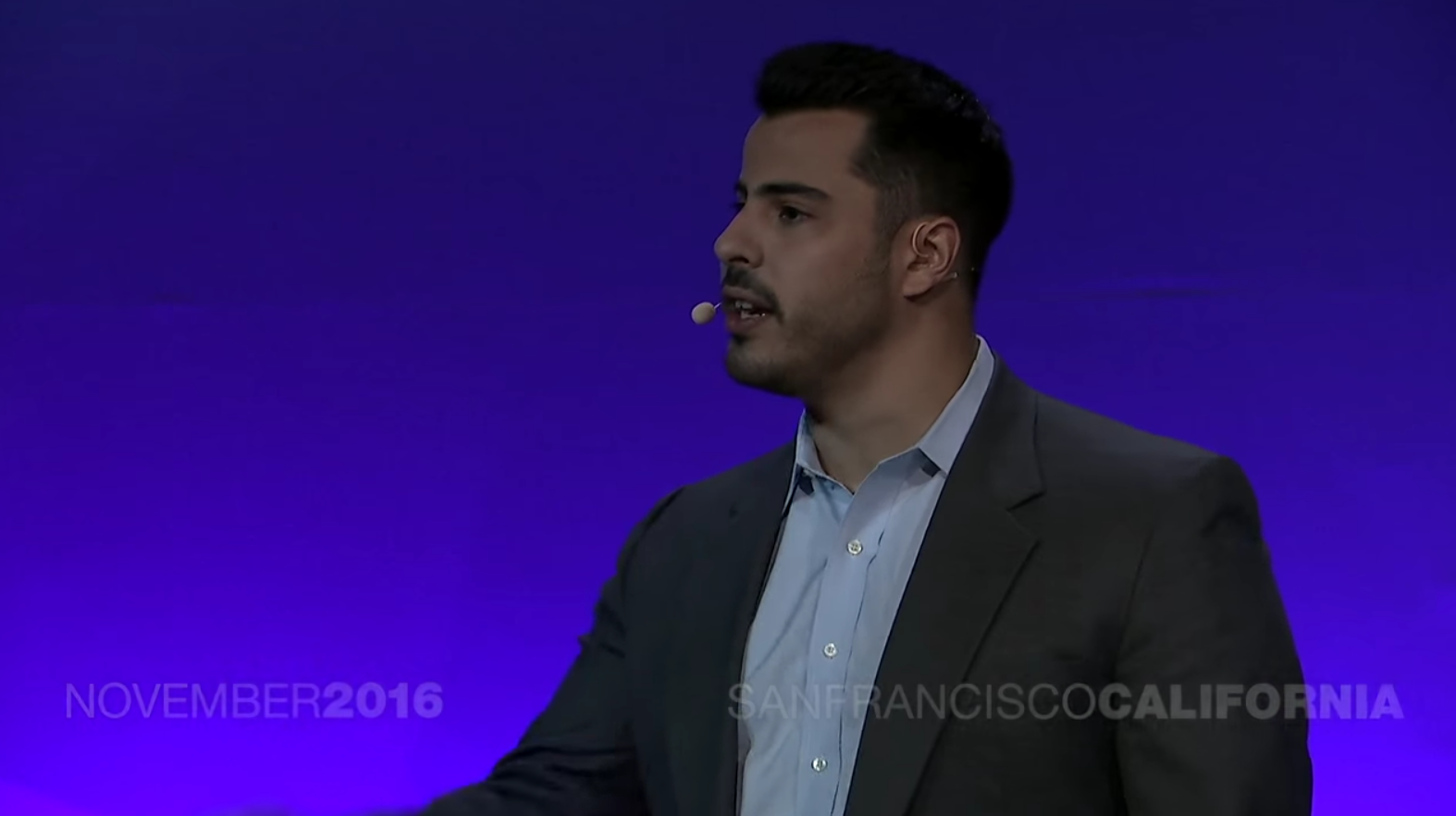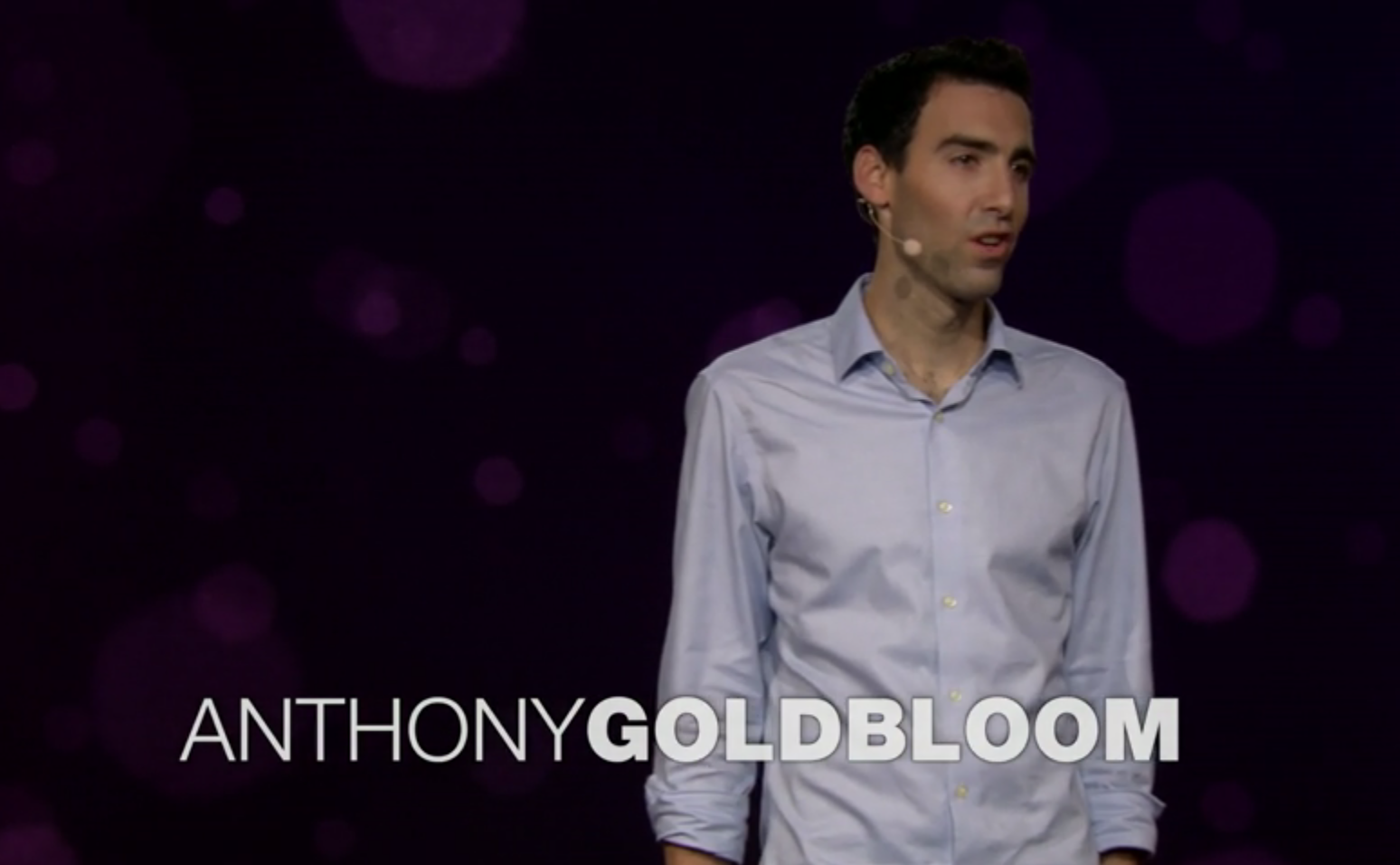There’s a lot of discussion today about not so much if artificial intelligence will dramatically change the way humans work and provide economic value, but when, how quickly and to what degree AI will change our relation to work. In this post we’ve collected eight of the best TED talks we could find when it comes to increasingly intelligent machines and how they will impact business and the nature of work.
[/nextpage][nextpage title=”The Wonderful and Terrifying Implications of Computers That Can Learn” ]
The Wonderful and Terrifying Implications of Computers That Can Learn
 We increasingly hear about it: Some machine has beaten a human at something that was previously unheard of—chess, Jeopardy and, most recently, Go. In this talk, technologist Jeremy Howard shares new developments in the fascinating field of deep learning. This is happening quickly, and business leaders need to prepare for the day when computers are on par with humans in certain cognitive domains.
We increasingly hear about it: Some machine has beaten a human at something that was previously unheard of—chess, Jeopardy and, most recently, Go. In this talk, technologist Jeremy Howard shares new developments in the fascinating field of deep learning. This is happening quickly, and business leaders need to prepare for the day when computers are on par with humans in certain cognitive domains.
What Happens When Our Computers Get Smarter Than We Are?
 In this talk, Swedish philosopher Nick Bostrom explains how artificial intelligence is getting smarter rapidly and soon may be as smart as people. Bostrom believes thinking machines will be man’s final invention. I’m hoping they end up on our side.
In this talk, Swedish philosopher Nick Bostrom explains how artificial intelligence is getting smarter rapidly and soon may be as smart as people. Bostrom believes thinking machines will be man’s final invention. I’m hoping they end up on our side.
Are Droids Taking Our Jobs?
 Andrew McAfee is one of my favorite reads on this topic, and if you haven’t read “Race Against the Machine: How the Digital Revolution is Accelerating Innovation, Driving Productivity, and Irreversibly Transforming Employment and the Economy,” you need to close your web browser and go do that right now. Well, maybe watch this TED talk, first. It details how robots and algorithms are getting good at building cars, writing articles, translating—jobs that once required a human. Did he say article writing? What will I do for work? In this talk, McAfee, citing labor data, takes a look at what could be in store for us.
Andrew McAfee is one of my favorite reads on this topic, and if you haven’t read “Race Against the Machine: How the Digital Revolution is Accelerating Innovation, Driving Productivity, and Irreversibly Transforming Employment and the Economy,” you need to close your web browser and go do that right now. Well, maybe watch this TED talk, first. It details how robots and algorithms are getting good at building cars, writing articles, translating—jobs that once required a human. Did he say article writing? What will I do for work? In this talk, McAfee, citing labor data, takes a look at what could be in store for us.
The World’s First AI Legal Assistant
 Anyone who doesn’t like lawyers never faced a prosecutor or lawsuit. Those that have know legal advocacy can be quite the hit on the bank. What happens when the scales of justice are digital? In this talk, lawyer Andrew Arruda partnered with a computer scientist to create the world’s first artificially intelligent legal assistant, Ross. Arruda hopes Ross will make legal help more affordable for us.
Anyone who doesn’t like lawyers never faced a prosecutor or lawsuit. Those that have know legal advocacy can be quite the hit on the bank. What happens when the scales of justice are digital? In this talk, lawyer Andrew Arruda partnered with a computer scientist to create the world’s first artificially intelligent legal assistant, Ross. Arruda hopes Ross will make legal help more affordable for us.
The Jobs We’ll Lose to Machines — and the Ones We Won’t
 In this talk, entrepreneur Goldbloom tries to tackle the age-old question: What jobs will the machines take from the labor pool and what jobs will be left for us humans to fight over?
In this talk, entrepreneur Goldbloom tries to tackle the age-old question: What jobs will the machines take from the labor pool and what jobs will be left for us humans to fight over?
Get Ready for Hybrid Thinking
 Futurist Ray Kurzweil says we need to get ready for the next big exponential in brain power—the computer. In other words, don’t hate the machine, become the machine.
Futurist Ray Kurzweil says we need to get ready for the next big exponential in brain power—the computer. In other words, don’t hate the machine, become the machine.
How AI Can Bring On a Second Industrial Revolution
 Digital sherpa Kevin Kelly says technology is driven by patterns that are surprising but also predictable. That is, while the exact path taken isn’t predictable, where we eventually end up is. And in the decades ahead our machines are going to get smarter and smarter, and this will change the world in very big ways.
Digital sherpa Kevin Kelly says technology is driven by patterns that are surprising but also predictable. That is, while the exact path taken isn’t predictable, where we eventually end up is. And in the decades ahead our machines are going to get smarter and smarter, and this will change the world in very big ways.
Can We Build AI Without Losing Control Over It?
 We should all be scared, very scared, of superintelligent AI. In this talk, neuroscientist and philosopher Sam Harris explains why. And one of the reasons could be that we end up making superintellient machines that decide we will make very nice pets (at best) or treat us like an insect infestation (at worst).
We should all be scared, very scared, of superintelligent AI. In this talk, neuroscientist and philosopher Sam Harris explains why. And one of the reasons could be that we end up making superintellient machines that decide we will make very nice pets (at best) or treat us like an insect infestation (at worst).





